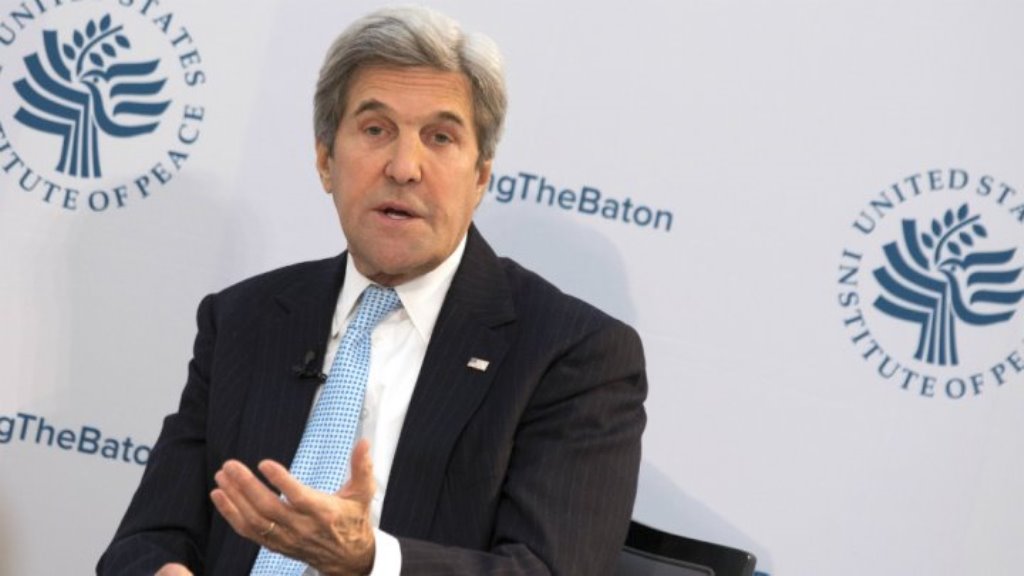Paris –U.S. President-elect Donald Trump’s team has made a request to cancel the Middle East Peace Conference to be held in Paris, but was rejected by France, official French sources said.
U.S. Secretary of State John Kerry arrives in Paris on Sunday to participate in the conference along with 70 representatives of different countries and international and regional organizations. The conference is aimed at reviving peace talks between Palestinians and Israelis.
The sources also informed Asharq Al-Awsat that Paris had asked Kerry to take advantage of the remaining days of Obama’s presidency and call for a U.N. Resolution that determines a two-state solution. Kerry rejected the proposal, saying he can’t commit to such a thing days before he leaves office.
Kerry added that he had already divulged his thoughts on the issue during his last speech following the adoption of Resolution 2334 on December 23.
Therefore, the French idea of the conference resulting with a new resolution has been ended and abandoned. Also, the intentions of having the quadruple committee adopt Paris’ recommendations are discarded.
Considering these facts, the Paris meeting will conclude with a statement.
The meeting will be launched Sunday morning by French Foreign Minister Jean-Marc Ayrault, whereas the French President will deliver a speech later that afternoon.
While Kerry’s attendance is definite, his Russian and British counterparts Sergei Lavrov and Borris Johnson haven’t confirmed yet. U.N.’s new Sec-Gen Antonio Guterres’ presence at the conference hasn’t been established either.
High Representative of the European Union Federica Mogherini, Arab League Sec-Gen Ahmed Abul Gheit, and all of Saudi, Jordan, Emirati and Egyptian foreign ministers will attend, while Lebanese Foreign Minister Jebran Bassil won’t.
Neither Israel nor the Palestinian leadership will attend the talks. Israeli Prime Minister Benjamin Netanyahu has repeatedly rejected the conference proposal.
When speaking of the conference, informed French sources used the half full-half empty glass metaphor. A pessimist would consider the glass half empty, meaning there is no benefit for the conference and whatever will be announced won’t change a thing. While an optimist will say that it is important to realize that the struggle would only end through the formation of two independent states.
Above all, the sources regard the outcomes of the conference as a message to Trump saying that he can’t act as he pleases in this hot topic, and shall he want to contribute positively to it, the roadmap is already set.
Yet, the desire to deliver such messages to the new president compelled diplomats, who met in Paris last Monday, to resort to a moderate language in the final draft of the statement in order to avoid angering the president-elect, which could result in him tweeting something that could obliterate the outcomes of this conference.
The statement refrained from going into the details and mainly discussed general concepts.
The French sources also said they already know how Israel would react and how it would consider the outcomes of this conference against Israeli interests, and it encourages Palestinians to reject direct negotiations.
Tel Aviv is optimistic with Trump coming to office especially that he promised to transfer the U.S. embassy to Jerusalem and vote against U.N resolutions that could harm Israel’s plan, according to the same sources.
One last thing, Paris conference was considering the establishment of a committee to follow up with the expected resolutions, but that was dismissed.
It was replaced with a French commitment to overlook the progress achieved by the attendees concerning the formation of two states.
In any case, France is looking forward to presidential elections that could lead to changes in the French policies concerning this issue.
